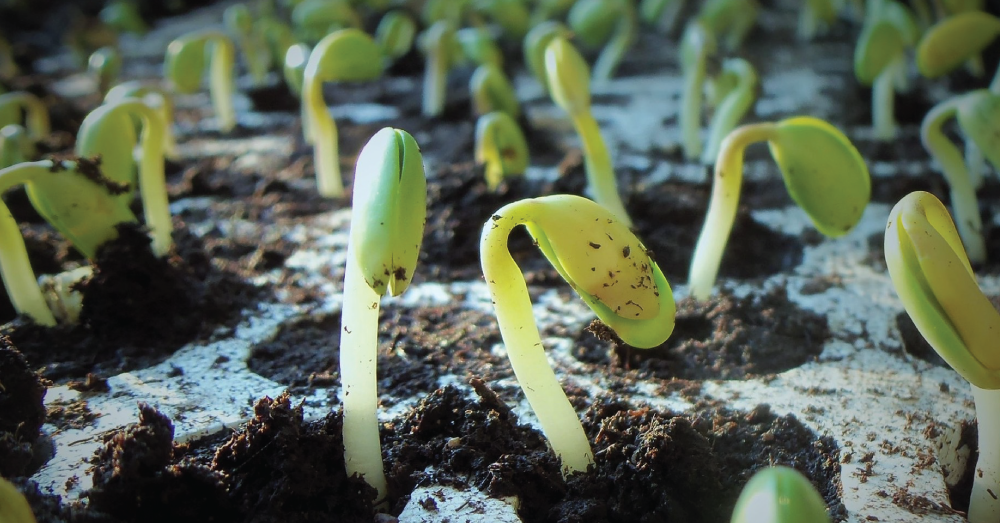
Pesticide Applicators Warned Illinois Ag Officials in 2016 About Potential Dicamba Damage
The usage of dicamba increased significantly in 2017, after a November 2016 decision by the U.S. Environmental Protection Agency to approve new formulations of the herbicide for use on a new genetically modified soybean seed made by Monsanto. Since then, after damage from dicamba spread across the Midwest and South, the U.S. EPA took steps to restrict the herbicide’s use. Five states have taken additional steps to limit the spraying of dicamba.
December 20, 2017 | Source: Investigate Midwest | by Johnathan Hettinger
The Illinois Department of Agriculture was warned a year ago about the potential crop damage that could be caused by the herbicide dicamba if the department didn’t tighten regulations on the herbicide’s use, according to department documents.
The warning came from an industry group of pesticide applicators during a December 2016 meeting held to discuss whether the pesticide should be designated as “restricted use,” which means only certified applicators can apply the pesticide. A non-restricted use pesticide can be purchased and applied by anyone and records of application are not required.
The usage of dicamba increased significantly in 2017, after a November 2016 decision by the U.S. Environmental Protection Agency to approve new formulations of the herbicide for use on a new genetically modified soybean seed made by Monsanto.
Since then, after damage from dicamba spread across the Midwest and South, the U.S. EPA took steps to restrict the herbicide’s use. Five states have taken additional steps to limit the spraying of dicamba.
Experts say the herbicide damaged at least 600,000 acres of Illinois soybeans and reportedly injured trees at Illinois nature preserves and vineyards in Southern Illinois. But to date, the Illinois department has not taken action and has said it has no plans to.
Monsanto, the St. Louis-based agriculture company developed the seed in response to “super weeds” that developed resistance to other herbicides and touted the soybeans as its biggest biotech launch in company history. Monsanto had four representatives at the December meeting.
Jean Payne, the executive director of the Illinois Fertilizer and Chemical Association, an industry group of pesticide applicators and chemical companies, proposed the December 2016 meeting after other states, including Indiana and Arkansas, had imposed additional regulations on dicamba for the 2017 growing season. Dicamba, which is made by BASF and Monsanto, is a very volatile herbicide that harms traditional soybeans and other sensitive plants.
